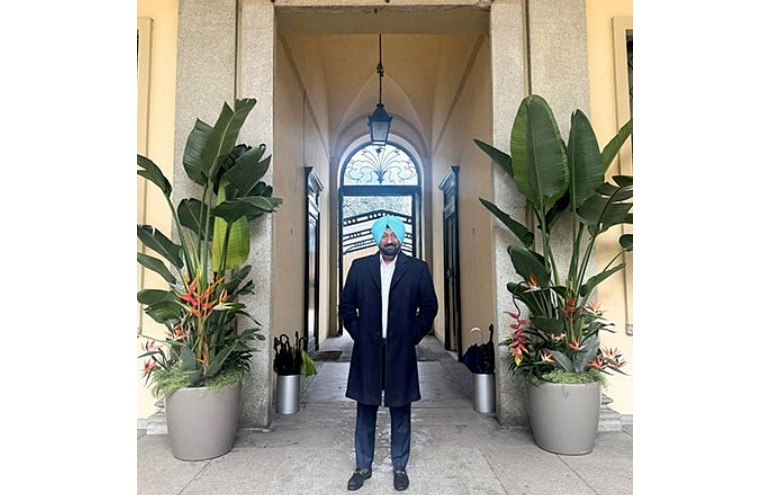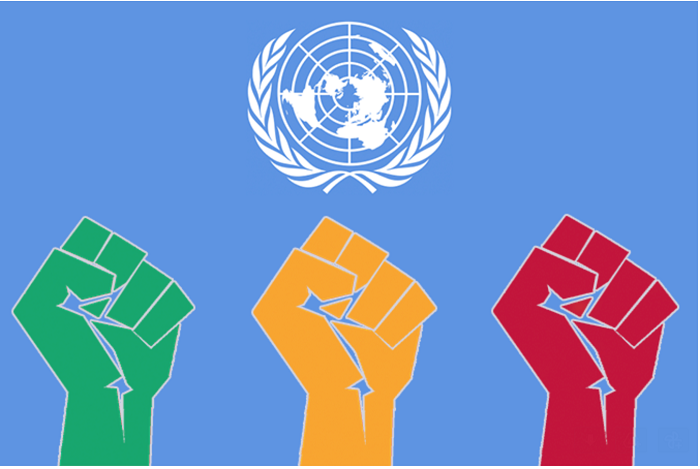Human Rights are an umbrella term for the many rights that we have as humans. They provide freedom to individuals and groups and enable them to live in peace. During the last 50 years, International Law and Politics have recognized these rights. There are specific organizations or institutions that have been tasked with protecting these rights. While the rights themselves are specific and change over time, they are still universal. These rights are often referred to as inalienable.
There are a number of ways to define and analyze the concept of human rights. One of the earliest Western philosophies is that human rights are based on natural law. John Locke’s philosophy incorporates natural law into much of his work.
Another theory is that human rights are products of the morality or ethos of particular groups of people. This includes all the races and religions of the world. While all individuals are equal as human beings, their moralities can vary. Some are more universal than others. For example, all individuals are entitled to the right to life. However, the right to life could also be considered a morality.
The most basic idea is that all human beings have the right to life and liberty, including the right to a standard of living. This is the most common type of human right. There are many other rights, such as the right to be treated equally by others. These rights are backed by values and reasons, as well as specific values, such as freedom of speech.
The idea of human rights is a powerful one. Millions of people are fighting to preserve them. These individuals are willing to stand up to abuses of power and make sure that they are protected. Increasingly, businesses are taking this stance, too. Companies that focus on implementing human rights policies are likely to earn a social license to operate.
Although human rights are not necessarily universal, they do represent a fundamental aspect of human existence. In order to protect them, governments must be careful to ensure that they are respected globally. A country’s treatment of its citizens may differ greatly from that of a neighboring state. In some instances, these differences might mean the difference between survival and death. Fortunately, there are a number of ways to protect human rights.
The concept of human rights is a useful way of understanding how people should behave. The full scope of human rights covers a variety of things, including the right to live, to be free, to travel, to choose, and to be protected from abuse.
Identifying and analyzing human rights has been a long and political process. The first human rights treaty, the Genocide Convention, was signed after World War II. The United Nations’ Convention against Genocide requires that governments provide legal protection against genocide at the national level. It also calls upon governments to prevent acts of violence against groups and racial and ethnic minorities. The United States, for example, has a number of legal and policy measures in place to protect these groups.












